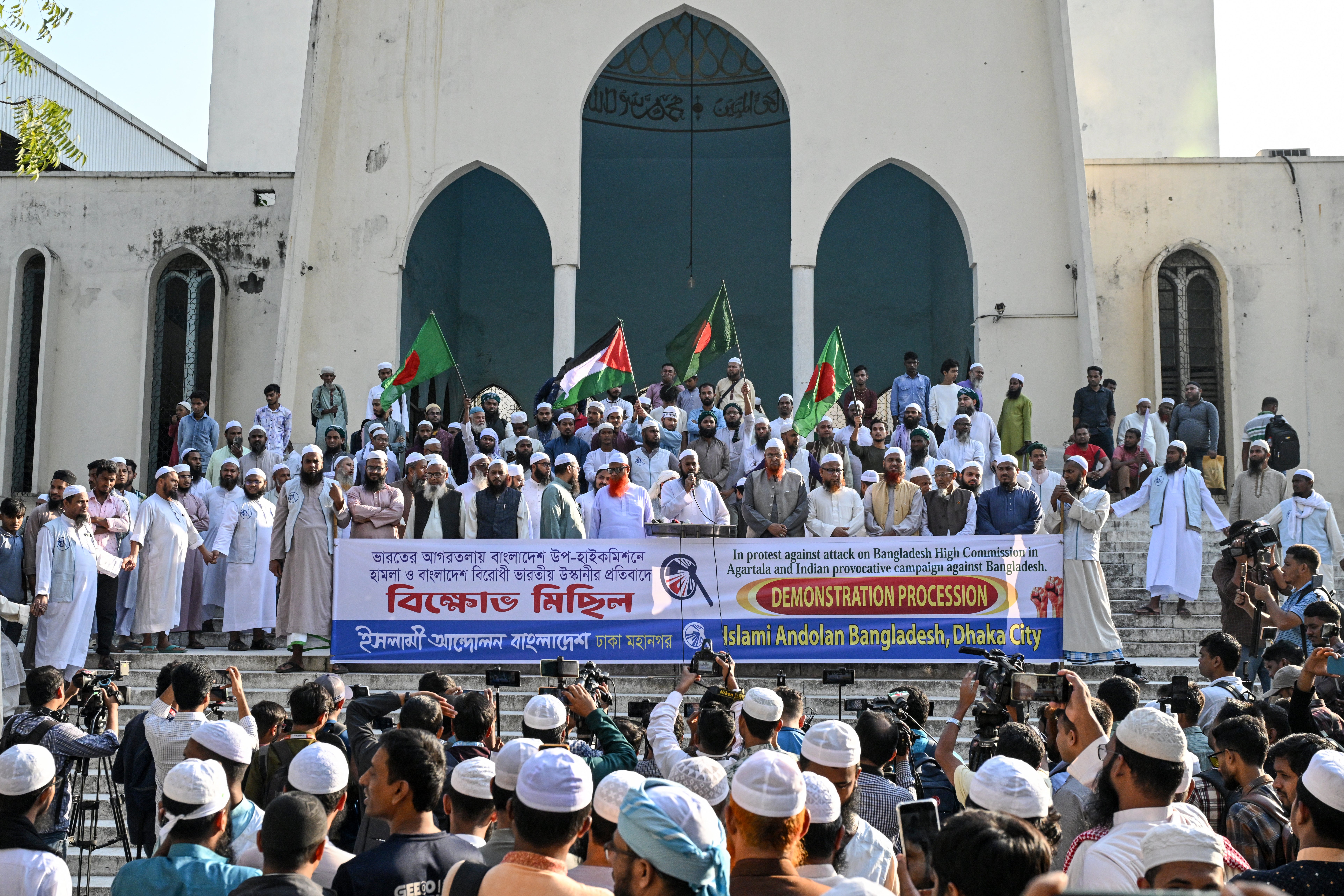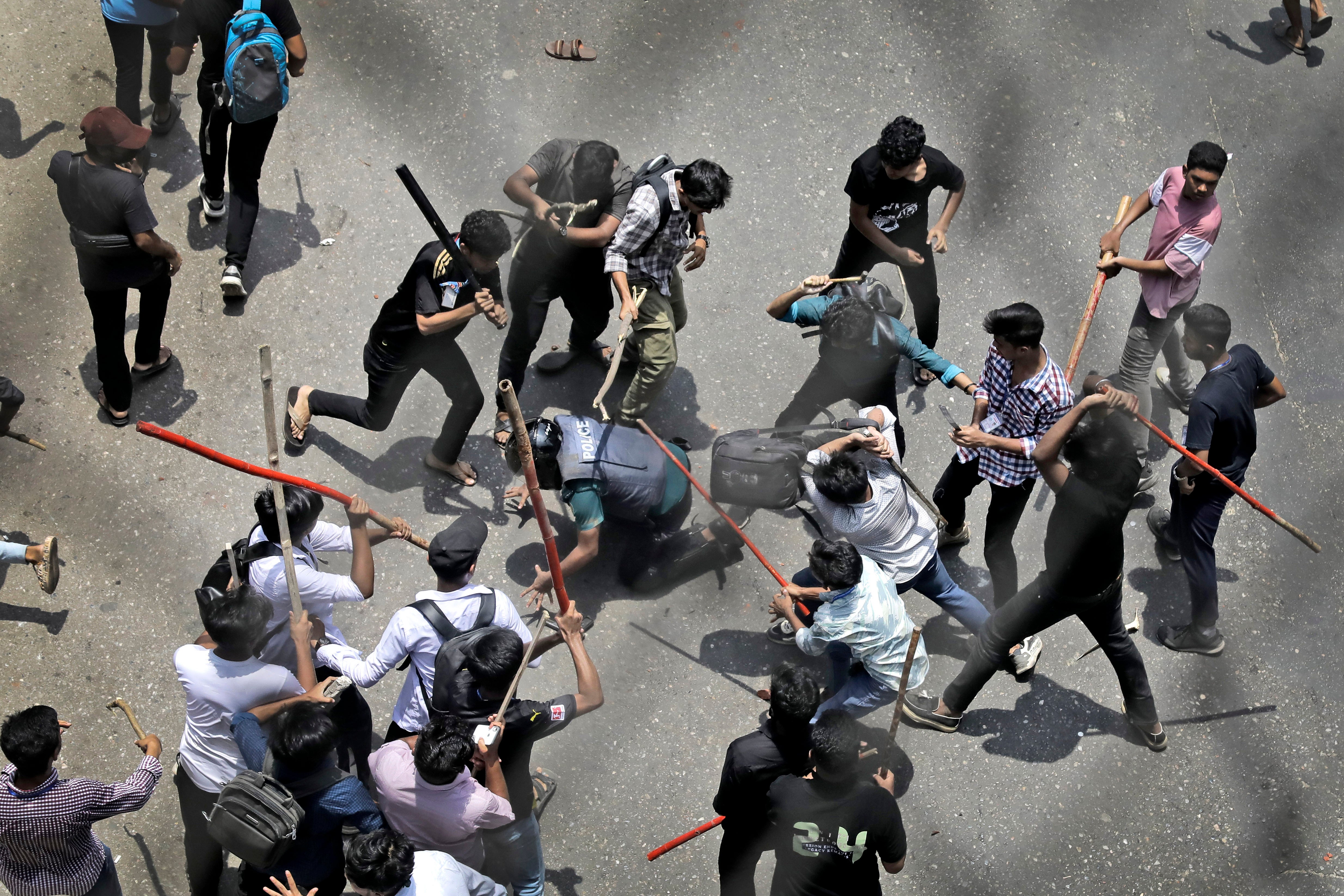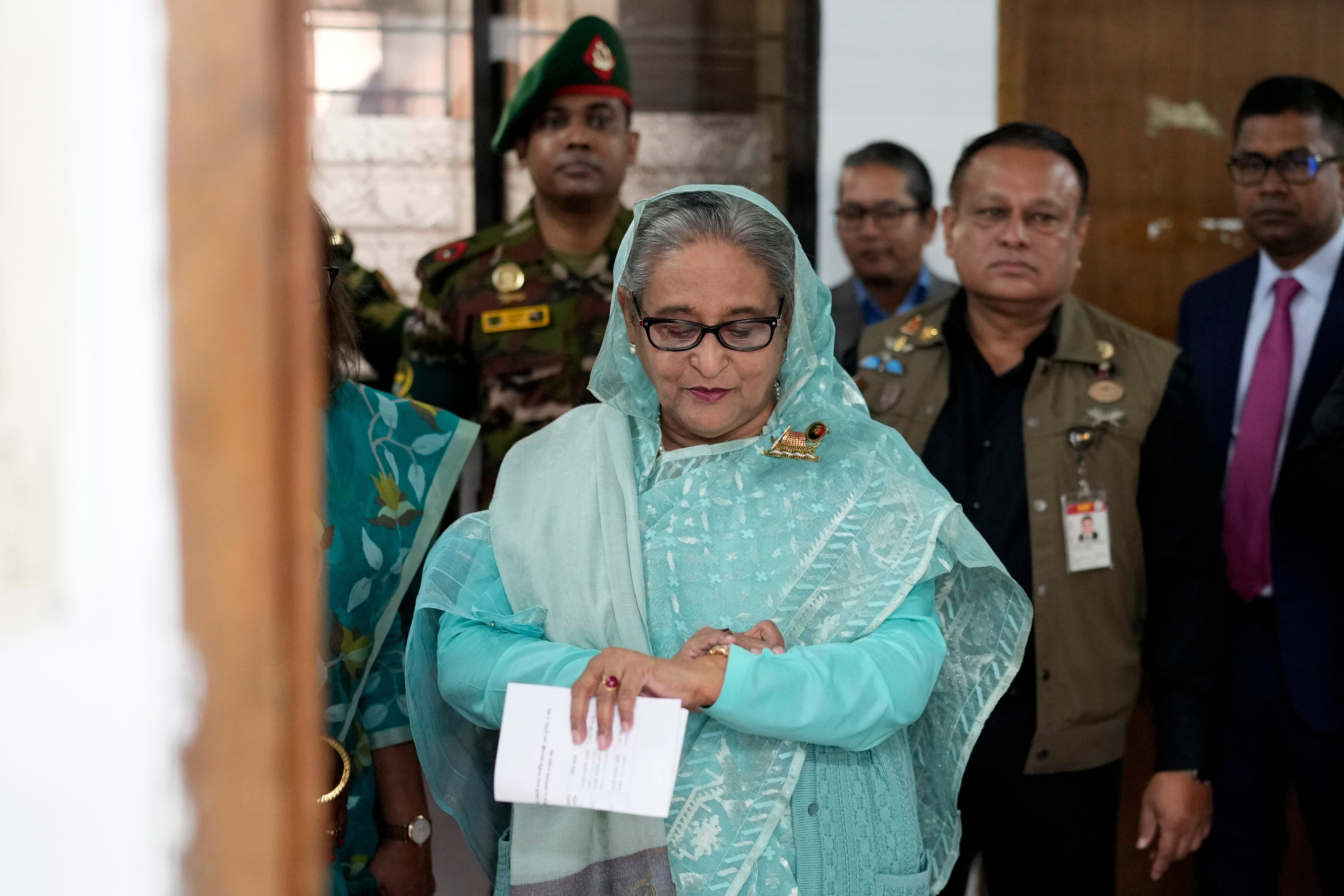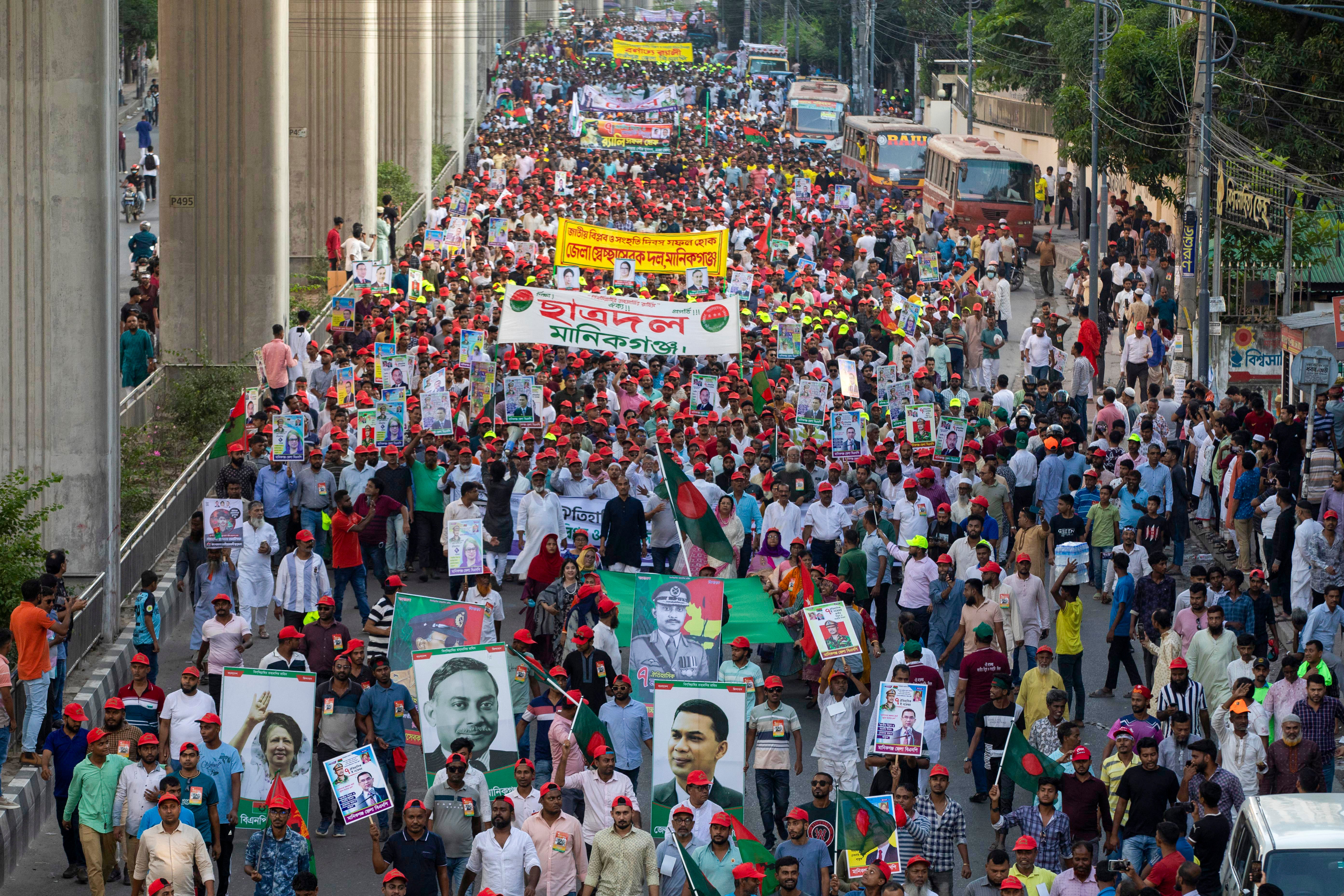The UK government has revised its travel guidance for Bangladesh, cautioning that “terrorists are likely to try to carry out attacks” in the South Asian nation.
Issued by the Foreign, Commonwealth and Development Office (FCDO) on Tuesday evening, the update reinforces existing advice against “all but essential travel”.
It highlights risks to foreign nationals in crowded areas and at religious places and political rallies, warning that “some groups have targeted people who they consider to have views and lifestyles contrary to Islam”.
The advisory flags previous attacks involving improvised explosive devices in major cities and notes potential threats to minority religious communities, police and security forces. Authorities may impose additional security measures or restrict movement at short notice as they work to disrupt potential attacks.
The FCDO describes Bangladesh’s political situation as volatile, noting that demonstrations and strikes frequently escalate into violence.
Clashes with law enforcement, arson, vandalism, and attacks on property or public transport in the past have resulted in fatalities.

While the guidance is not legally binding, ignoring it may invalidate travel insurance.
The update comes after parliamentary debates highlighting concerns over the treatment of minority communities in Bangladesh, particularly Hindus. Catherine West, minister for the Indo-Pacific, addressed the House of Commons on Monday, referencing the Indian government’s concern over the recent arrest of Bangladeshi Hindu priest Chinmoy Krishna Das on sedition charges.
“We are aware of the statement of concern from the Indian government following the arrest of Chinmoy Krishna Das,” Ms West said, adding that the FCDO is closely monitoring developments.
She noted that during her recent visit to Bangladesh, the interim government assured her of its support for minority communities.

Former Bangladesh prime minister Sheikh Hasina, whose government was overthrown in a mass street agitation earlier this year, has accused interim leader Muhammad Yunus of orchestrating a “genocide” and failing to safeguard the country’s minorities such as Hindus, Buddhists and Christians.
Speaking virtually from New York at an event marking Bangladesh’s Vijay Diwas, Ms Hasina alleged a plot to assassinate her and her sister, Sheikh Rehana, akin to the 1975 killing of their father, Sheikh Mujibur Rahman.
The remarks, delivered in Bengali, marked Ms Hasina’s first public address since she fled Bangladesh for India in August.
Referring to the storming of her residence in Dhaka by the agitators on 5 August, she said, “The armed protestors were directed towards Ganabhaban. If the security guards opened fire, many lives would have been lost. It was a matter of 25-30 minutes and I was forced to leave. I told them not to fire no matter what happened.”
She accused Mr Yunus of employing the state to target religious minorities in the country. “Hindus, Buddhists, Christians – no one has been spared. Eleven churches have been razed, temples and Buddhist shrines have been broken. And when Hindus protested, the Iskcon leader was arrested,” she said, referencing Mr Das’s detention.

She also alleged a deliberate campaign of persecution. “What is this persecution of minorities for? Why are they being ruthlessly persecuted and attacked?” Ms Hasina asked while accusing Mr Yunus of systematically carrying out atrocities under the guise of governance.
The exiled prime minister highlighted growing strain in relations between Bangladesh and neighbour India under Mr Yunus’s rule, with New Delhi expressing concern over attacks on minority groups.
India’s foreign ministry recently condemned the rise in extremist rhetoric and violent incidents and called on Bangladesh’s interim government to protect minorities.
“Our position on the matter is very clear: the interim government must live up to its responsibility of protecting all minorities,” the ministry’s spokesperson, Randhir Jaiswal, said on Friday. He called for a fair and transparent resolution of Mr Das’s case which has drawn international attention.

Ms Hasina said she fled Bangladesh to prevent further violence but lamented that her departure had failed to stop the bloodshed. “When people were dying indiscriminately, I decided I should leave,” she said, criticising the interim administration for continuing its violent clampdown.
While Mr Yunus is yet to respond to Ms Hasina’s accusations, he urged the country’s politicians on Wednesday to keep differences at bay to counter “Indian aggression”.
“They are undermining our efforts to build a new Bangladesh and spreading fictitious stories,” he told a gathering of Bangladeshi politicians, in an apparent reference to New Delhi’s condemnation of the attacks on minorities.







